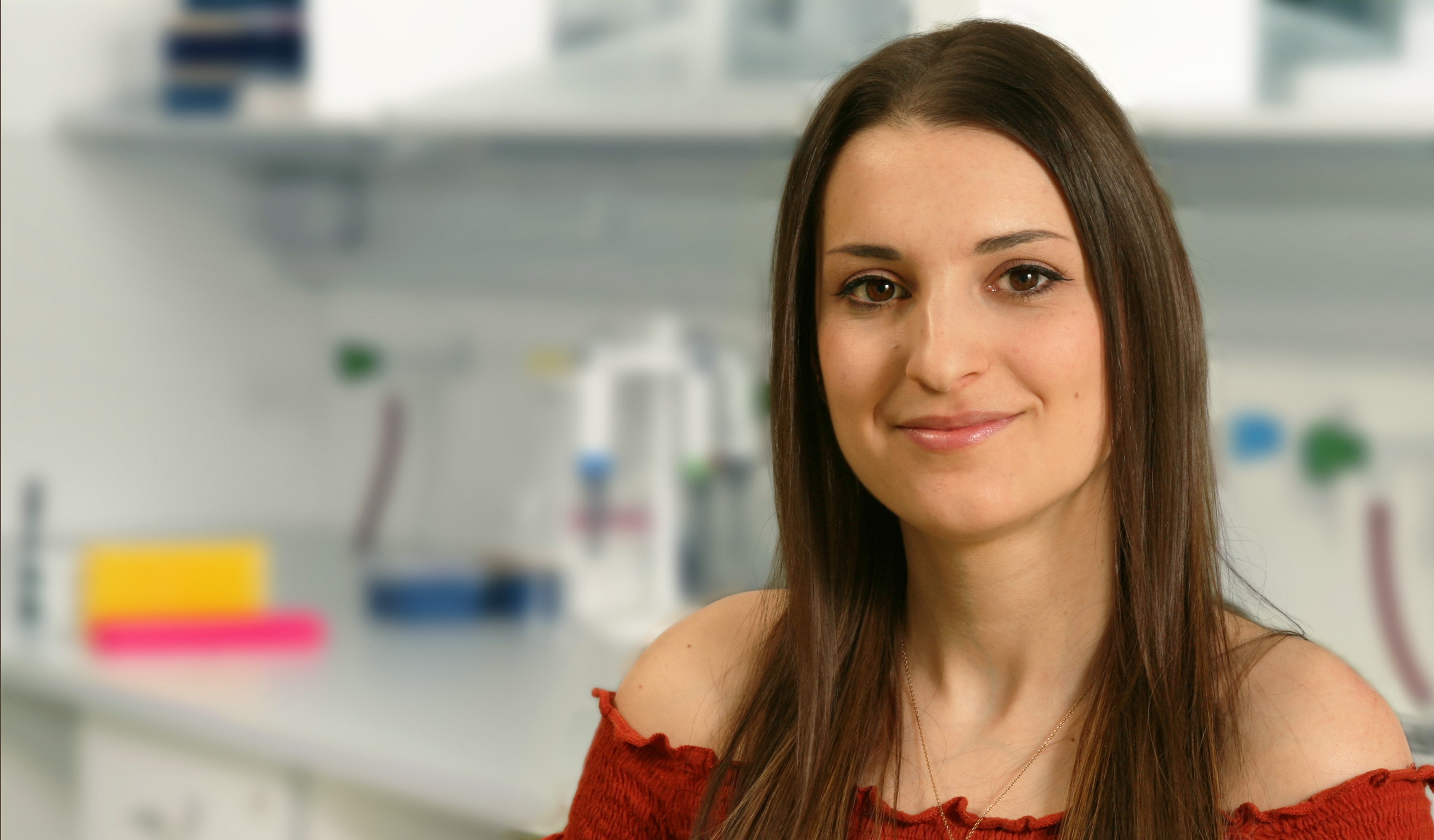The rapid emergence of drug-resistant pathogenic fungi and bacteria pose a severe global health threat in humans. Over-prescription and inadequate consumption of antibiotic drugs provoke a highly selective pressure on drug resistance development in these microorganisms. Therefore, research to develop new antimicrobial drugs is urgently required.
Nature provides a wide range of antimicrobial compounds with therapeutic potential. Antimicrobial proteins (AMPs) of fungal origin are promising new candidates to treat microbial infections. The filamentous ascomycete Penicillium chrysogenum is a rich source for such small, cysteine-rich and cationic proteins with antifungal activity. The three P. chrysogenum antifungal proteins (PAFs) include the well characterized PAF, PAFB and PAFC.
One approach will tackle the biological role of the PAFs in the producing organism itself to unravel the spatio-temporal expression regulation of the AMP encoding genes paf, pafB and pafC in P. chrysogenum. To this end, a tool based on fluorescent proteins that tag the PAFs as reporter molecules will be developed to visualize the PAFs’ expression pattern and localization during asexual development of P. chrysogenum. A better knowledge of the gene expression regulation will help to increase the PAFs’ production level in P. chrysogenum for biotechnological applications.
To implement a successful new treatment strategy of fungal infections in the future, another focus of this project will lie on improving the antifungal efficacy of these bio-molecules. This can be achieved by the exchange of defined amino acids in protein motifs that regulate the antimicrobial activity or the use of smart drug delivery systems (SDDS), e.g. nanogels or poly-phosphate coatings. In a multidisciplinary approach, AMP variants will be generated and screened for improved antimicrobial activity in vitro. To this end, the growth inhibitory activity in fungi and the cytotoxicity in the host of the biomolecules will be determined and their applicability will be effectively studied in in vitro tissue models. As the human skin is a niche for various fungal species that may cause infections under certain predisposing factors, application of optimized AMPs and AMPs in SDDS will be tested in a 3D reconstructed human skin model infected with opportunistic fungal pathogens of the skin, such as Candida albicans or dermatophytes. To this end, the 3D skin model will be established as a complex tool to study molecular mechanisms of host–fungi interactions in the human skin.







